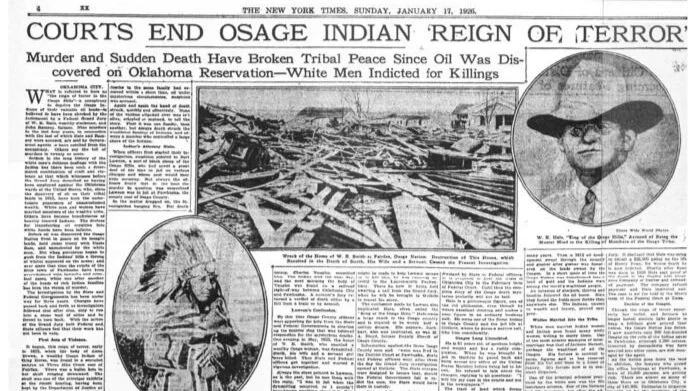The easy choice is to conform, to be a ‘good Indian,’ but that’s not who he is or who he aspires to be.
Would it be easier if I were someone else?
Someone who was quieter, less troublesome? Someone who believes success is determined by how much money I make, by the titles others give me, by how little I think of the people society deems “less than?”
Would it be easier if I simply acquiesced to the narrative that, by and large, American society has progressed beyond its racist, homophobic, class-based past and that anyone who questions this is a rabble-rouser?
Would it be easier if I put on a suit, cut my hair and shut the hell up?
Of course it would.
But in doing so I would lose some part of myself. I would lose the part that I've fought so long and hard to pull out of the darkest recesses of my heart. I would lose the part that was born out of decades spent pushing back against the idea that there are “good Indians” and there are “bad Indians” (substitute the word “Indians” for any other group society devalues).
The good Indians are quiet. They know their place. And they know if they abide by the narrative, they will be rewarded. But always, they are quiet, knowing that the moment, the very second, they question the narrative, they will be cast out.
For a moment as a child, I lost myself. I was young. I was being raised by a father who was considered important, powerful. I had yet to open my eyes and see my own privilege. I fit in. I didn't question the narrative.
As a young boy, I remember dressing up as an “Indian” and sitting across from my “pilgrim” classmates, reenacting the first Thanksgiving meal (as captured in the painting above, a public domain image posted in wikimedia commons) . I remember wearing a Redskins jersey, and I remember dressing up as Tonto and riding a pretend horse around a gymnasium with the Lone Ranger in the lead, as a chorus of my fellow students sang “Hi-Yo Silver.”
Never for a moment did I question these things. Why would I? What frame of reference did I have to do so? The truth is, I loved belonging. I loved being one of the popular kids. I loved the rewards of being a good Indian, someone who had shed his people’s heathen ways.
Then something happened. My mother left my father and left me behind. I became depressed. I started listening to heavy metal. I started growing my hair long.
And just like that, I was out. I was no longer popular. I was a “bad influence,” the child parents warned their children about. I was considered a bad Indian, an Indian who no longer knew his place.
But always, I knew the way back. I knew that if I cut my hair, gave up the friends I had made during my “crazy patch” and shut the hell up, I could again find myself in the warm embrace of good society.
But to do so, I would have to accept that there are people who don’t belong, people whose sexual orientation was considered an immoral, evil choice, people whose lack of wealth was a reflection of poor moral character, people whose questioning of America’s greatness was an assault on democracy itself.
As I write this today, I know the way back remains open to me. All it would take is closing my eyes, stepping away from the troublesome friends I’ve made during my time spent as an “activist,” and cutting my hair.
I’ve long known that my hair is an annoyance to many people. I’ve known wearing it long is like wearing a scarlet “A” around my neck. I’ve known that it is the physical embodiment of my political and social defiance.
But I also know that it is a beacon.
It calls toward me others who society considers less than. Those who would rather die than live with their eyes closed. Those who refuse to stay silent.
It is in them I find refuge. It is in them I find the courage to keep pushing back. It is for them, I fight, for I know they do the same for me, every day.
I’ve come too far to walk away now. I’ve had to give up so much to embrace the beauty of my people’s culture, to honor the sacrifices they made, the blood they spilled, by continuing their struggle to live the way we want, to praise the creator the way we see fit, to grow our hair long.
Here I am. Here I will stay.
Kevin Abourezk is the deputy managing editor of Indian Country Today and an award-winning film producer who has spent his 24-year career in journalism documenting the lives, accomplishments and tragedies of Native American people. He holds a bachelor’s degree in English from the University of South Dakota and a master’s in journalism from the University of Nebraska-Lincoln.







